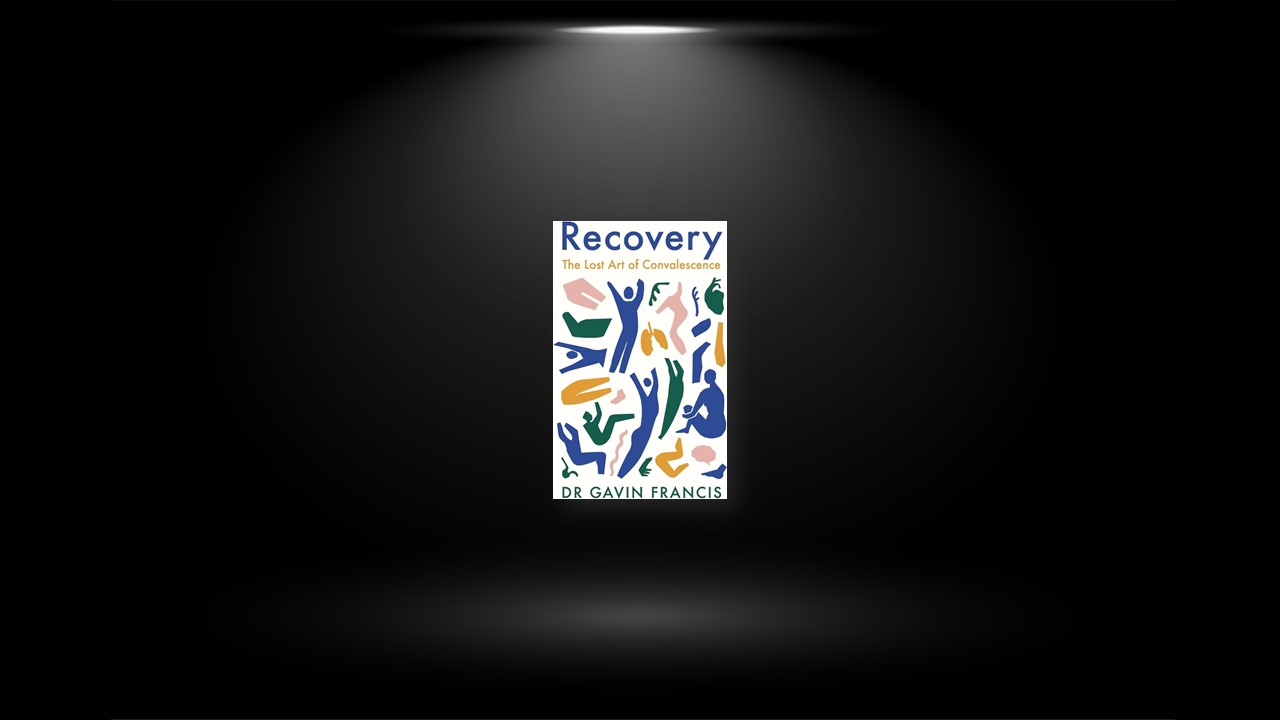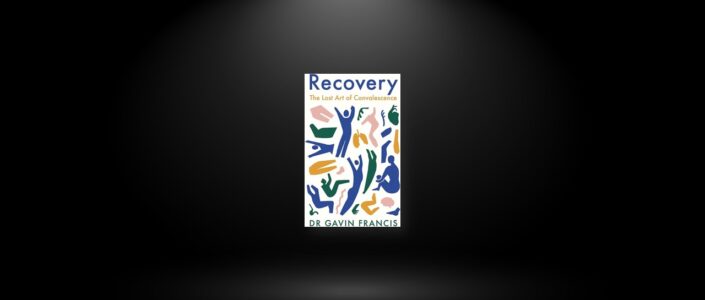The Lost Art of Convalescence
Try to remember that recovery isn’t a purely passive process, it’s an act and like all actions it can be done well or badly. Convalescence can be an opportunity as well as an imposition—to rest, and to reconsider your priorities. Recovery takes different forms with different conditions and people, but there are some general principles that will help. Illness isn’t purely biological, it is also social and psychological—and so is recovery. Recovery happens best if we give it time and respect. Modern medicine is wonderful but still limited in what it can cure. Sometimes drugs are the least of healing.
Hospitals and Recovery
“Convalescence” means “to grow in strength,” and the environment you choose to recover in can help or hinder that process. Developed countries once provided dedicated convalescent hospitals, but that’s no longer the case. Try to make your recovering environment clean, bright, airy, and with access to green space or nature—this is what the best hospitals do. These time-honored principles have their origins in the days before modern medicine and have been proven time and again to help.
Snakes and Ladders
Plan rests regularly throughout the day. Don’t rush. Keep meals small. Don’t plan anything within an hour of eating. If you’re breathless, learn to control your breathing (physiotherapists will teach you these techniques). Get fresh air. Sit down often (even during washing, dressing, cooking, with chairs or stools placed strategically around the house). Drying yourself can be exhausting—use a bathrobe. Use aids to avoid bending and reaching. Push don’t pull, slide don’t lift, and if you must lift something, do it with your knees bent and your back straight. Don’t do more than one thing at a time. Set achievable goals, little and often, every day.
Permission to Recover
The rhythms of modern life often work against the rhythms of recovery. Sometimes it’s necessary to reprioritize your work-life balance however you can, to give yourself time and space to heal. If your work is making you sick, think about what you can do to change the stresses of the work—or change jobs.
We can be our own worst enemies, pushing ourselves in ways that are bad for us. Think about giving yourself permission to take a different approach. Self-compassion is a much underrated virtue: be kind to yourself. If we don’t build pauses and time for reflection into our lives, we risk burnout, frustration, and delaying our recovery.
Travel
Travel and a change of scene have been recognized as beneficial to recovery since at least the time of the ancient Greeks. Traditionally, going on a pilgrimage was seen as a benefit to health. Whether it be religious or not, think about journeys that might benefit you. Travel allows us a shift in perspective and priorities, which can be helpful even if living with incurable or terminal illness. For those who can’t travel, a time-honored way of journeying with the mind is through books.
Back to Nature
As human beings we are part of nature, not separate from it, and we are nourished by not just our food but our environment. Like soil, we need to be well fed and well watered. Build into every day some way to appreciate nature: a walk in the park, some gardening, a window box of flowers, or even just tending to some houseplants.
Remember that doctors and nurses are more like gardeners than mechanics, in the sense that medicine is about restoring balance rather than simply fixing or replacing parts. Your body is made of the same elements as the earth, and it too needs to be exposed (in moderation) to sunlight—if you can, try to get outside even for a short time every day.
The Ideal Doctor
The word “doctor” means “to teach” or “to guide,” and just as teachers work with different styles, so do doctors—which is something to celebrate. The best clinicians gauge what kind of encounter the patient needs, and adapt their approach accordingly, but it’s a difficult skill.
We can understand illness in a purely biological way, or as a story of the body or mind. Both have their own value. Medicine is nothing like shopping: try to find a clinician you trust, and find ways of telling them what your priorities are and what you personally find most helpful.
Writing Your Own Story
The power of the mind over bodily health is formidable; the stories we tell ourselves about our illness have real effects on the way we experience it. Placebos are powered by our expectations, and study after study has shown how effective they are. We can help our recovery along by educating ourselves about our illness, joining support groups, being open to new ideas, and being willing to modify our beliefs.
For some conditions, the best way toward recovery is to find a new story that makes sense of our experience, and to discard old stories that have proven damaging or unhelpful. Try to find a clinician who can help you do this. Expectations are as powerful as drugs or poisons.
On Caregivers
Being a caregiver of someone who lives with chronic illness can be exhausting both emotionally and physically. It is worth exploring what charitable help is on offer to support caregivers in your local area. Caregivers can be pivotal in helping convalescence along, and lack of care can prevent recovery. Adjusting expectations, and learning to live with a new set of goals and aspirations, can be helpful for caregivers and those they look after. When recovering, try to be mindful of the needs and frustrations of your caregivers.
Treatments
Drugs are the least of healing, and there are many other kinds of effective therapies that promote recovery. Dancing classes help our mobility, singing helps our lung capacity, gardening helps both body and mind, and companionship is among the best tonics there are—even with pets.
If you’re stressed, tense, depressed, or anxious, think about what refreshes you and makes you feel better, and identify what exhausts you and makes you feel worse. Work hard to build more into your life of what helps you and gives you energy, and try to do less of what hinders you and depletes your energy.
The (Occasional) Advantages of Illness
We would all prefer to avoid illness, but it is part of life. We can seek to minimize it, but we can’t escape it. No one is getting younger; we can ignore the reality of aging and illness, or we can use the knowledge of it to guide our choices and confirm our priorities.
Convalescence forces us to engage with our limitations. If we’re lucky, encounters with serious illness may remind us to appreciate the life we have, and cherish the life that goes on around us.


